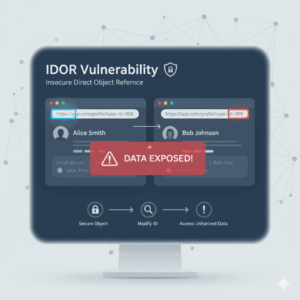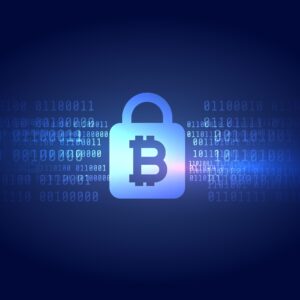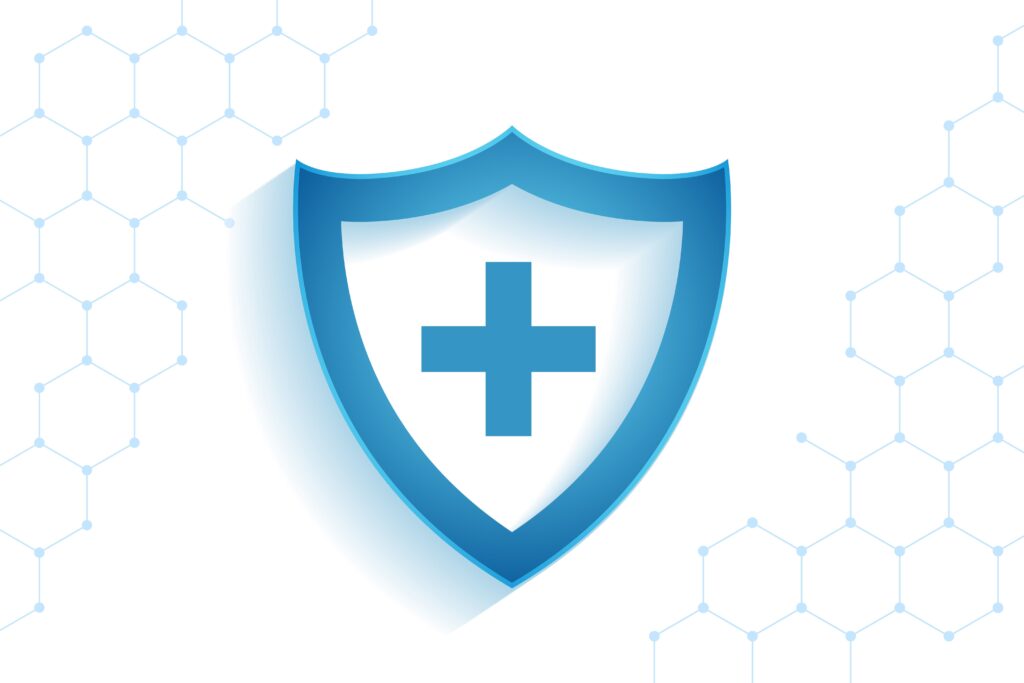Table of Contents
Introduction: Cyber security in Morocco
Morocco is undergoing a profound digital transformation. Under the strategic guidance of His Majesty King Mohammed VI, initiatives like “Digital Morocco 2030” have accelerated the digitization of public services, administrative procedures, and the overall economy. This rapid shift has made robust Cyber security in Morocco more critical than ever.
From paying taxes online to accessing civil status documents via “Carte SANAD” or using the government portal “www.service-public.ma“, Moroccans are increasingly interacting with the digital state. However, this rapid digitalization has created a vast new frontier: the cybersecurity battlefield. As the government and businesses move online, they become prime targets for cybercriminals, making robust cybersecurity not just an IT issue, but a matter of national security and economic stability.

The Government’s Digital Push
The Moroccan government’s commitment to digitalization is undeniable. The goal is to enhance efficiency, foster transparency, and boost economic growth. Key platforms include:
- The “Watiqati” Platform: For accessing and managing administrative documents.
- “Idak” Platform: For online tax services.
- E-Health Initiatives: Digitizing patient records and healthcare services.
- Digitalization of Education: With platforms for remote learning and management.
However, Government, administrative websites and apps hold a treasure trove of sensitive data: national identification numbers, financial information, health records, and more. A breach in these systems doesn’t just cause service disruption; it can lead to massive identity theft, financial fraud, and a severe erosion of public trust in digital governance. This is the central challenge for Cyber security in Morocco.
Global Ranking

According to the ITU Global Cybersecurity Index (GCI) 2020, Morocco was ranked 4th in Arab countries and 50nd globally with the Overall Score of: 82.41. This indicates a recognized effort for Cyber security in Morocco at the international level, while also highlighting the significant room for improvement compared to global leaders.
The Moroccan government is aware of this and has been making substantial efforts to climb these rankings.
- ITU Global Cybersecurity Index Report: Link to the ITU GCI 2020 Report (PDF)
Government Efforts: Investing in Cyber Security in Morocco
The Kingdom is not standing idly by. A multi-pronged approach involving investment, legislation, and capacity building is underway.
1. Investment in Infrastructure and Institutions
The establishment of the National Cybersecurity Agency (ANCSI) in 2020 was a landmark move. ANCSI is the central authority responsible for preventing and managing cyber threats, defining national strategy, and strengthening the security of critical infrastructure.
2. Legal and Regulatory Framework
Morocco has enacted Law 05-20 on Cybersecurity, which provides the legal foundation for combating cybercrime, protecting critical infrastructure, and defining the obligations of public and private entities.
3. Training and Awareness
- Education: Universities and engineering schools (like ENSIAS) have integrated specialized cybersecurity masters and programs.
- Awareness Campaigns: ANCSI and other bodies regularly organize workshops, seminars, and national campaigns to raise awareness among citizens and businesses.
- Cybersecurity Drills: The government, often through the Digital Development Agency (ADD), conducts cyber-exercises to test the readiness of national institutions.
- Digital Development Agency (ADD): www.add.gov.ma
Recent Major Cyberattacks in Morocco
The theoretical threat became a stark reality with several high-profile attacks.
The CNSS Cyberattack (2023)
In early 2023, the National Social Security Fund (CNSS) was hit by a major ransomware attack. The attack encrypted systems, disrupting services and potentially compromising the data of millions of Moroccan citizens and businesses. It was a clear demonstration that even critical state institutions were vulnerable.
- Read More: CNSS Hack
The ANCFCC Data Leak (2024)
More recently, the National Agency for the Control of Public Finances (ANCFCC) suffered a significant data leak. A hacker group claimed to have exfiltrated terabytes of sensitive data, including internal audits, financial reports, and employee information. This breach raised serious questions about internal data protection protocols.
- Investigation Article on the ANCFCC Leak: ANCFCC Leak
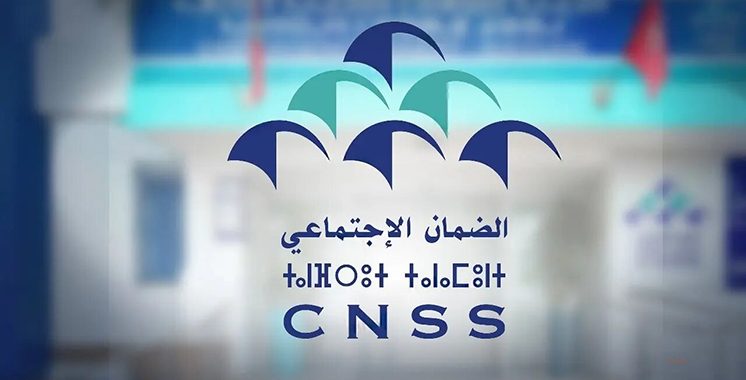
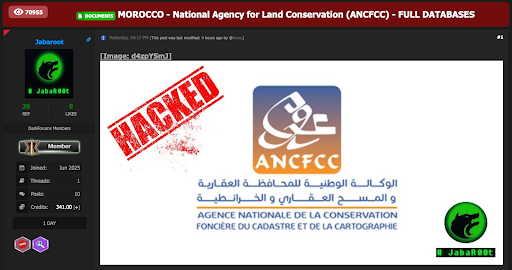
The Cost of CyberCrime in Morocco
While a precise, official figure for the annual cost of cyber attacks in Morocco is challenging to pin down, the economic impact is substantial. It includes:
- Direct Financial Losses (ransom payments, fraud)
- Cost of Recovery (IT forensics, system restoration)
- Reputational Damage and loss of customer trust.
- Regulatory Fines (under new data protection laws).
Globally, the average cost of a data breach is millions of dollars. For a developing digital economy like Morocco’s, these attacks represent a direct drain on national progress.
Challenges of Cyber Security In Morocco
- Skills Shortage: A significant gap exists between the number of skilled cybersecurity professionals and the growing demand.
- Public Awareness: Many individuals and small businesses still lack basic cyber hygiene practices.
- Resource Allocation: Ensuring all public administrations, not just the central ones, have adequate security budgets.
- Evolution of Threats: Cybercriminals are constantly evolving their tactics, making defense a continuous challenge.
Best Practices: How to Stay Protected
For Individuals:
- Use Strong, Unique Passwords: Employ a password manager.
- Enable Two-Factor Authentication (2FA) on all important accounts (email, social media, banking).
- Beware of Phishing: Do not click on suspicious links or download attachments from unknown senders.
- Keep Software Updated: Regularly update your OS, apps, and antivirus.
- Use a VPN on public Wi-Fi networks.
For Organizations (especially Government & SMEs):
- Adopt a “Zero Trust” Security Model: “Never trust, always verify.”
- Regular Security Audits & Penetration Testing: Find vulnerabilities before attackers do.
- Employee Training: Your staff is your first line of defense. Conduct regular cybersecurity awareness training.
- Implement a Robust Data Backup Strategy: Follow the 3-2-1 rule (3 copies, on 2 different media, 1 off-site).
- Develop an Incident Response Plan: Know exactly what to do when a breach occurs.
Conclusion: A Shared Responsibility
Cyber security in Morocco is at a critical juncture. The government has laid a strong foundation with ANCSI and new laws. However, the recent attacks on the CNSS and ANCFCC are a powerful reminder that the threat is real and persistent.
Improving the state of cyber security in Morocco is not solely the government’s task. It is a shared responsibility that requires vigilance from every citizen, every business, and every public servant. By investing in skills, fostering a culture of security, and collaborating across sectors, Morocco can secure its digital future and continue its journey toward becoming a regional technology hub.


